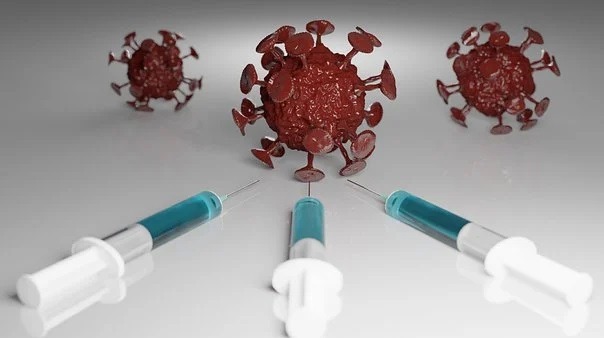The coronavirus vaccine has been welcomed with open arms after a bleak year. However, the emergence of the vaccine has raised questions about its efficacy. Most people cannot distinguish the facts from the myths. Others are scared to take the vaccine because they are afraid that it will aggravate their condition.
The Food and Drug Administration (FDA) has already authorized its use, and people are already being vaccinated. One thing that is evident is that the vaccine rollout will take months. In the meantime, people should grasp the facts about the vaccine. They should know its effectiveness, the side effects, and the costs of the vaccine.
1. Which Vaccines Have Been Approved?
Most of the vaccines are still in clinical trials. The FDA must assess these vaccines before the rollout plan begins. However, because of the current pandemic, the FDA has approved several vaccines to be used. The Pfizer vaccine is one of the vaccines approved for emergency use. The vaccine has an efficacy rate of 95% and should be administered in two doses within 21 days.
The FDA has also cleared the Moderna vaccine for emergency use. The vaccine has an efficiency rate of 94.1% and is given in two doses within 28 days. Both the Moderna and the Pfizer vaccines are designed to help the body’s immune system make antibodies to counteract the virus. Moreover, check out here to know how you can undergo a legit rapid strep a test Toronto Canada.
2. Who Is Eligible For The Vaccine?
The Pfizer vaccine is meant for those above 16 years old, while the Moderna vaccine can be administered to people above 18. However, it is still not clear whether the vaccines can be administered to pregnant women. The research conducted on the vaccines did not incorporate pregnant women, so there isn’t a definitive answer on whether they can receive it. Expectant mothers should discuss with their obstetricians before receiving the virus, making sure they are safe from any complications.
The two vaccines cannot be given to children under the age of 16. The COVID-19 vaccine cannot also be issued to people with certain health conditions. People with allergic reactions to other vaccines cannot be vaccinated. Someone should consult their doctor before receiving the vaccine.
3. What Are the Side Effects of the Vaccine?
The coronavirus vaccine causes mild side effects such as fever and a sore arm. Most people experience these effects after the second dose. However, the side effects are not alarming because they indicate that the immune system is being stimulated. Doctors monitor people immediately after acquiring the vaccine to ensure that there are no allergic reactions.
However, if someone develops the COVID-19 symptoms three days after receiving the vaccine, they should self-isolate and get tested.
4. How Much Does the Vaccine Cost?
The federal government has committed its resources to ensure that the vaccine is free to all Americans. The Affordable Care Act (ACA) requires most health insurers to cover their client’s COVID-19 expenses. Someone must have health insurance to receive the vaccine for free. Despite the government’s efforts to ensure that the vaccine is free, there are incidences where someone might be forced to buy it.
5. What Are the Benefits of Receiving the Coronavirus Vaccine?
The coronavirus causes several medical complications that lead to death. It can easily be transmitted to people, making it a dangerous disease.
The COVID-19 vaccine creates an antibody response that protects someone from becoming sick with the virus. It also prevents someone from contracting the virus if they are COVID-free. People with families should also be vaccinated to ensure they do not spread the virus to their loved ones, especially children.
6. Should People Stop Taking Safety Precautions After Receiving the COVID-19 Vaccine?
The current clinical trials have not provided clear results on how long immunity lasts after receiving the vaccine. Most doctors advise people to follow these precautions after receiving the vaccine:
- Maintain social distance- It involves maintaining a social distance of 2 meters when talking to someone.
- Wear masks in public areas– Surgical masks prevent people from contracting the disease in crowded areas. The virus can be transmitted through air, and masks prevent people from contracting it.
- Practice better hygiene– Doctors advise people to wash their hands regularly with soap and sanitize afterward. People should also clean and disinfect their household items.
- Self-isolation- People who have tested positive for the virus should self-isolate for 14 days before leaving their apartments.
Someone should continue observing the COVID-19 preventative measures after receiving the vaccine.
The coronavirus vaccine provides hope that the pandemic will end. However, the fight is not yet over. The rolled-out emergency vaccine prevents the situation from becoming dire. Everyone should have the necessary facts about the vaccine to ensure that they are not misinformed. More vaccines are being developed, and people should consult their doctors before getting vaccinated. In the meantime, the FDA has only approved the Pfizer and the Moderna vaccines for emergency use.

